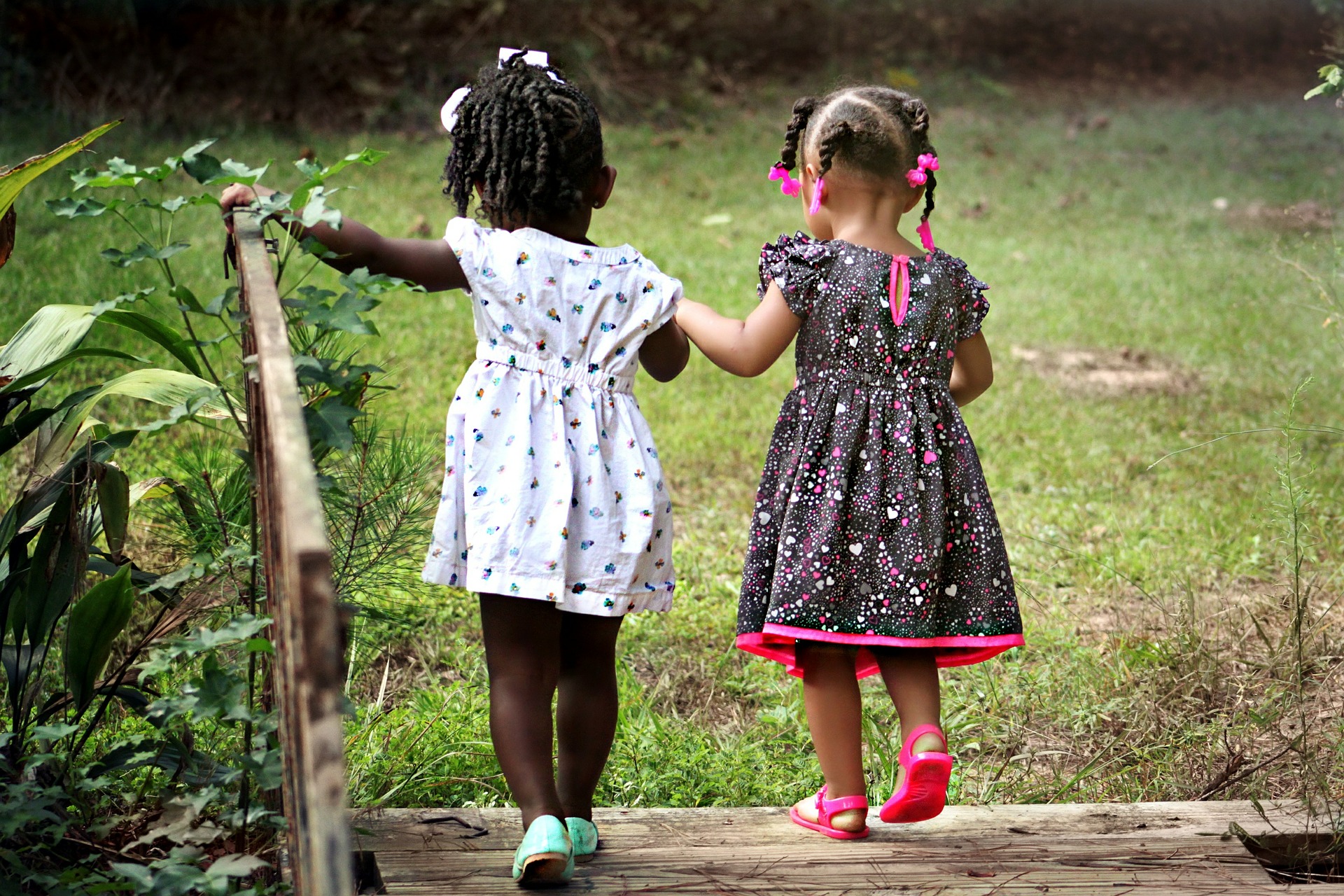The new school year has already started. With seven (!!) different second-grade sections, it was already doubtful that many of your first-grade friends would have been placed in the same class as you were. But I never expected that you would start the new year knowing no one at all.
I wonder how I would have handled that situation at your age. Not well, I’m completely sure. You and I are the introverts of the family, both of us needing time alone to recharge our batteries. We both can get overwhelmed in group situations and need permission to hang back until we feel comfortable. That’s not to say we don’t like and enjoy people at all – we do, immensely at times. But we need our alone time, sometimes suddenly and abruptly.
I always took that as who I was and accepted this quality as a fait accompli. I was simply someone who was shy and had difficulty making friends. I didn’t feel entirely at-ease with groups the way I observed other people could be, seemingly effortlessly. That self-view I carried ossified at a very early age. This was gospel truth.
So how did you handle not having your friends with you in class and being forced to make brand new friends again? I fretted that first day, but when we spoke during bedtime that first night you said “Daddy, I can learn how to make new friends. I’m getting pretty good at it.” You shyly smiled at me as you confessed. I swelled with pride.
It’s not a small thing. When I accepted a certain view of myself when I was younger, that acceptance prevented me from growing beyond that view. When faced with a new social situation, I’d throw up my hands and claim “it wasn’t my thing” and bury myself in the book I always carried around with me. It became, in some sense, a process that fed back into itself. I didn’t have confidence in those situations, so I avoided them, which meant that I never learned to overcome it. It wasn’t until much later (and a more thorough understanding of what introversion means) that I could move beyond this self-identification and toward a bigger social capacity and confidence.
Armed with more knowledge, we’ve tried to work with you in your earlier years. When you hit your social wall, we asked you to go to your room. Not as a punishment, but to give you a refuge until you felt as if you wanted to engage again. In time, I think that safety allowed you to face those feelings as ephemeral, not inevitable. Once you could do that you could actively choose to reengage. We’ve seen over time your social capacity grow. Ebbing and flowing, to be sure – but growing over time. I think part of that is learning to accept that there is a part of you that needs that solitude, but there’s another of you that needs – and excels at – making connections. And neither part defines who you are.
Carol Dweck, a researcher, wrote a book called “Mindset” which further explains the difference between what’s known as a “Growth” mindset and a “Fixed” mindset. The latter is what I inhabited for a large part of my life. That is, our qualities are “fixed” and not subject to change. You’re either a people person, or you’re not. You’re either “smart” or not. It’s a very black and white way to look at people. The “Growth” mindset, on the other hand says that those qualities are mutable. Not easily, perhaps, but with hard work and dedication you can change.
That latter mindset seems to be what you’re practicing – at least in this part of your life. I couldn’t be prouder – and that’s not changing.
